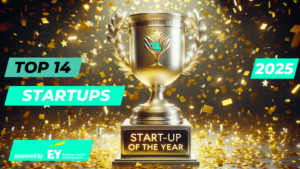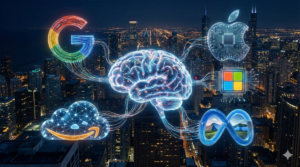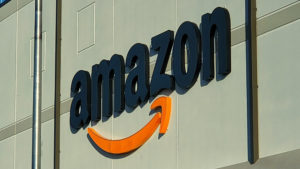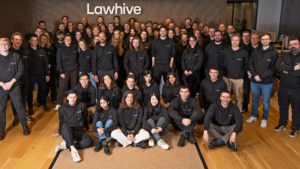ChatGPT turns into an app platform, integrates Canva, Figma & Spotify
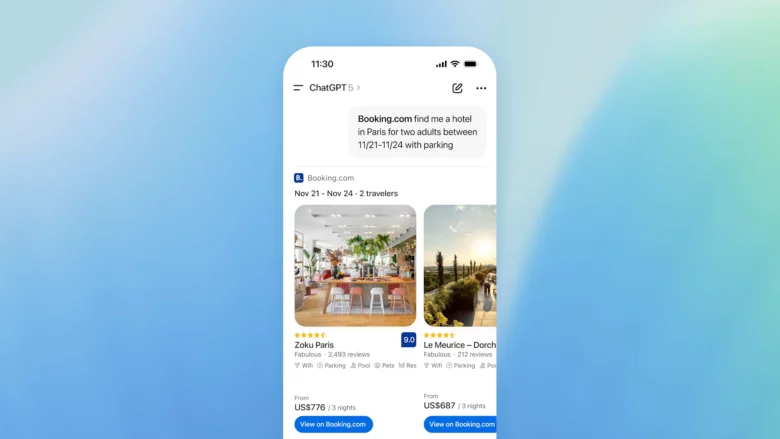
Why look far afield when… ChatGPT is so close at hand. That’s what they thought at OpenAI, and they’ve now made efforts to make other apps directly usable within the popular AI chat app. The result: OpenAI has introduced a new feature for ChatGPT that allows developers to integrate interactive applications directly into the chat interface. The company unveiled the new app system at its developer conference DevDay 2025.
Such developments are already familiar from Facebook. Many years ago, they also tried to make other apps directly usable within the social network. In the long term, these efforts didn’t bear fruit, but in the medium term they helped push a lot of traffic to partners (does anyone remember the “Spotify spam”?) before backtracking. As reported multiple times, OpenAI already tried once to become a kind of App Store with GPTs, unfortunately without success. Now follows the next attempt.
How it Works and Availability
In any case: Starting now, registered ChatGPT users outside the EU across various subscription tiers (Free, Go, Plus, and Pro) can use apps within their conversations. Applications can be activated by direct mention – for example, through inputs like “Spotify, create a playlist for my party” – or are suggested contextually by ChatGPT.
At launch, apps from seven partner companies are available: Booking.com, Canva, Coursera, Figma, Expedia, Spotify, and Zillow. Eleven additional partners are expected to follow throughout the year, including AllTrails, Peloton, OpenTable, Target, Uber, and DoorDash. The rollout for EU users is also planned.
Technical Foundation
The apps are based on the newly released Apps SDK (Software Development Kit), which has been made available to developers as a preview version. The SDK builds on the Model Context Protocol (MCP), an open standard that enables the connection of ChatGPT with external tools and data sources. OpenAI has released the SDK as open source to enable compatibility with other platforms.
Developers can use the SDK to design both the logic and user interface of their applications and establish direct connections to their backend systems. This allows existing customers to log in and access premium features.
Strategic Direction
With this new feature, OpenAI is making another attempt to build an app ecosystem around ChatGPT. Unlike the previously introduced GPT Store, which was conceived as a separate platform, apps are now embedded directly into chat responses. This is intended to give developers better reach among the over 800 million ChatGPT users, according to the company.
CEO Sam Altman described the objective: “We want ChatGPT to help people make progress, be more productive and inventive, learn faster, and accomplish their tasks better.”
Monetization and Business Model
Several expansions are announced for later this year: OpenAI plans to establish a submission process for app publications and introduce a dedicated directory where users can browse apps. Additionally, monetization opportunities for developers are to be created, including support for the Agentic Commerce Protocol, which is intended to enable instant purchases in ChatGPT.
The expansion to Business, Enterprise, and Edu versions of ChatGPT is also planned for this year.
Privacy and Security
OpenAI has published guidelines for developers that stipulate, among other things, that all apps must comply with OpenAI’s terms of service and may only collect minimally necessary data. When using an app for the first time, users are prompted to confirm the connection and are informed about possible data sharing. More detailed controls are announced for later this year, allowing users to decide which data categories individual apps may use.
However, open questions remain regarding the exact scope of data sharing with developers – specifically whether they receive access to entire conversation histories or only to specific requests.
Open Questions
It also remains unclear by what criteria ChatGPT will choose between competing services, such as between DoorDash and Instacart. OpenAI states it wants to prioritize user experience, but concrete mechanisms to prevent paid preferential treatment have not been mentioned.





